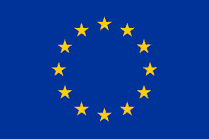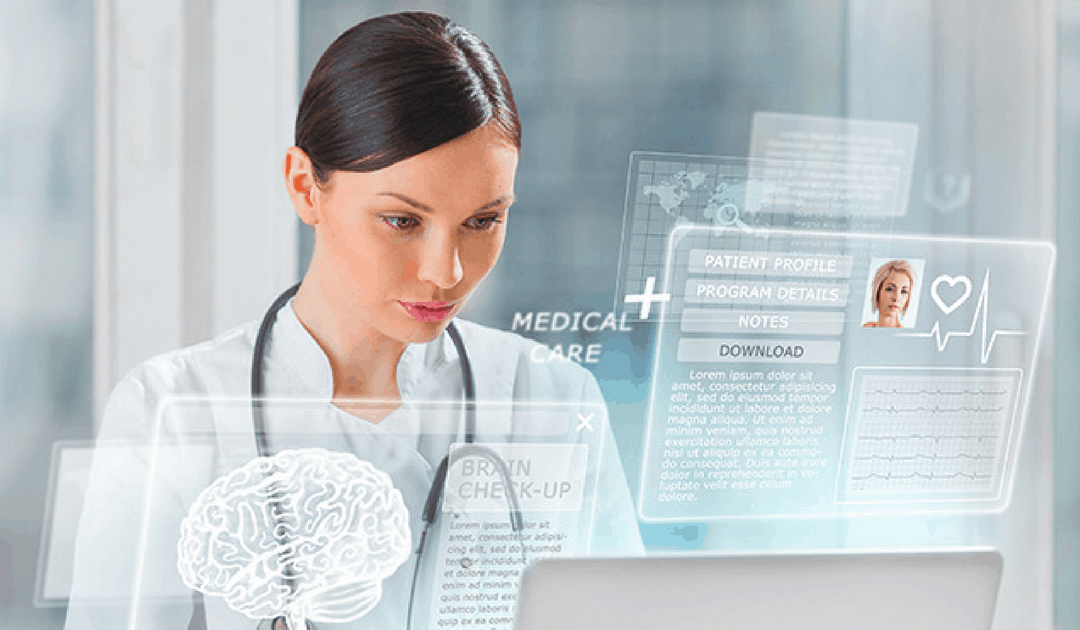
by Thomas Lethenborg | Aug 22, 2020 | Investor, News
Following a year-long collaboration, Monsenso signs a three-year +10 mio DKK agreement with a global pharmaceutical company.
Monsenso’s mobile health solution will be used for real-world data collection across two studies in connection with the launch of a new drug for depression treatment. The studies are expected to start in the first half of 2021 and will run over a three-year period, covering up to 2250 patients and 120 clinicians across Belgium, the Netherlands, the United Kingdom, Switzerland, Italy, Spain, Denmark, Sweden and France.
In connection with the two studies, Monsenso’s solution will be used to collect data from patients and their relatives through clinical questionnaires, daily self-assessments and behavioral data from smartphones and wearables.
In addition, the patients will be offered in-app study information and can receive reminders about medication and consultations with their clinician. Monsenso’s unique mobile health solution will in this way help increase the quality of clinical studies with real-time data collection while also facilitating better communication between patients, caregivers and clinicians.
“We are very pleased to expand our collaboration with this global pharmaceutical company and to participate in these projects. Depression is a leading burden of disease for society, and it has severe consequences for patients and their family caregivers, so we are proud to contribute to solving this problem” says Thomas Lethenborg, CEO of Monsenso. “In addition, the project will support our European expansion and our focus on partnering with pharmaceuticals, which is in line with our strategy”.
The project will not affect Monsenso’s previously communicated plans and guidance for the 2020 financial year.
To read the Danish version, click here.
For additional information contact:
Bettina van Wylich-Muxoll
Chief Marketing Officer
marketing@monsenso.com
Monsenso

by Thomas Lethenborg | Aug 7, 2020 | News
GoGreen research project helps Monsenso expanding into new markets. Monsenso is pleased to announce that it is partnering with a pan-European consortium in the Go Green Routes research project supported by the Horizon 2020 programme. The consortium has been granted EUR 10.49 million from the EU to develop innovative solutions that foster mental health and well-being by optimising human-nature interactions for citizens. These innovations will increase the uptake and acceptability of nature-based solutions across the trial cities Burgas, Lahti, Limerick, Tallinn, Umea and Versailles.
Monsenso’s solution will be further developed and used to both encourage green nature-based choices and to monitor citizens’ mental health to help better understand the health impact of nature-based choices for people in cities. Monsenso’s share of the project contribution will be EUR 253.000.
“Participating in a project that combines nature-based solutions, green choices and mental health and well-being is very exciting for Monsenso. A lot of focus and investment is going into green solutions and technologies these years, and this could represent a great potential for us. Moreover, the project will expand our international network and help bring the Monsenso solution into new markets”. says Thomas Lethenborg, CEO of Monsenso.
The project will start in September 2020 and is coordinated by the University of Limerick. The project run for four years and includes 40 partners across 18 countries, among others Mental Health Europe, King’s College London, Technical University Munich, Manchester Metropolitan University and universities in Tallinn, Aachen, Torino, Antwerpen, Versailles and Inland Norway as well as the trial cities.
“We envisage that GOGREEN ROUTES will translate cutting edge research into impactful solutions for cities health, mobility and ecology” says Dr Tadhg MacIntyre, lecturer in psychology at the University of Limerick and project lead coordinator.
This project is funded by the European Union’s Horizon 2020 framework programme under grant agreement No 869764.

To read the Danish version, click here.
For additional information contact:
Bettina van Wylich-Muxoll
Chief Marketing Officer
marketing@monsenso.com
Monsenso
Reference
GOGREEN ROUTES Project Outline, click here.

by Thomas Lethenborg | Aug 9, 2016 | Blog, mHealth
Using apps for mental health was written by Ross Campbell, Chief Underwriter of Research & Development based in Gen Re London.
It was originally published on the Gen Re blog and it is © published with the permission of General Reinsurance AG 2016.
Improved awareness and recognition of mental health problems and their complexity puts pressure on health systems to increase care. This stimulates exploration of the potential value of software applications (apps) run on mobile devices. The ubiquity of smartphones makes them an ideal tool for apps that can help individuals manage mental health.
Apps create long-term patient health data in a way that episodic clinic consultations cannot. They generate a personal health record fundamentally different from a clinical patient record [1]. Doctors have much to gain from the comprehensive and detailed information gathered by this form of continuous monitoring. Insurers can also benefit from the potential of this technology, especially for claims.
Apps for mental health can monitor physiological cues associated with sleep disturbance, anxiety, depression, phobias and psychosis. For example, depression is associated with a fall in activity levels – less exercise, movement and fewer social interactions. Sensors in smartphones can help spot patterns of altered behaviour that may represent the early warning signs of lowered mood.
Some apps for mental health can even help diagnose problems. Others help people track and manage mood using self-assessment techniques augmented by coaching functionality. Online environments are a gateway to support from more specialist clinical resources. The resources allow patients more control of their mental health management while enabling clinicians to monitor and support them remotely.
Some other apps for mental health can also help with treatment by sending reminders about medication or appointments, regardless of the person’s location. And they can provide distraction from cravings or link with social networks at times of stress. This “nudging” is effective at altering behaviour; for example, integrating text messaging in smoking cessation programmes improved six-month cessation rates by 71% compared to the regular treatment [2].
However, work remains to be done before apps can integrate with insurer’s processes. The confidentiality and use of personal data generated and stored by apps is complicated and needs clarification. The accuracy and sufficiency of information is a potential concern while hardware constraints may limit potential. More evaluation of the impact of digital technology is needed in research and clinical practice. [3]
Meanwhile, insurers could engage with emerging providers of software solutions. Services like these will, over a relatively short time horizon, become highly influential in the lives of people living with mental health problems. Pilot schemes that compare current insurance methods while evaluating new ones would take us one big step forward.
Click on the links to learn more about the Monsenso mHealth solution mental health consisting on a smartphone app for individuals, carers and a web portal for clinicians.
To view the original post click on this link: http://www.genre.com/knowledge/blog/can-apps-set-the-mood-for-managing-mental-health-en.html
- Marley, J. and Farooq, S., (2015) Mobile telephone apps in mental health practice: uses, opportunities and challenges, The British Journal of Psychiatry (2015), 39, 288-290, doi: 10.1192/pb.bp.114.050005.
- Whittaker, R. et al Mobile phone based interventions for smoking cessation. Chochran Database Systematic Review. 2012;11. CD006611. Doi:10.1002/14651858.CD006611.pub3.
- Hayes, JF., Maughan, DL., Grant-Peterkin, H. (2016) Promotion of mental health and prevention of mental disorder in the digital age, The British Journal of Psychiatry (2016) 208, 205–207. doi: 10.1192/bjp.bp.114.161067.




